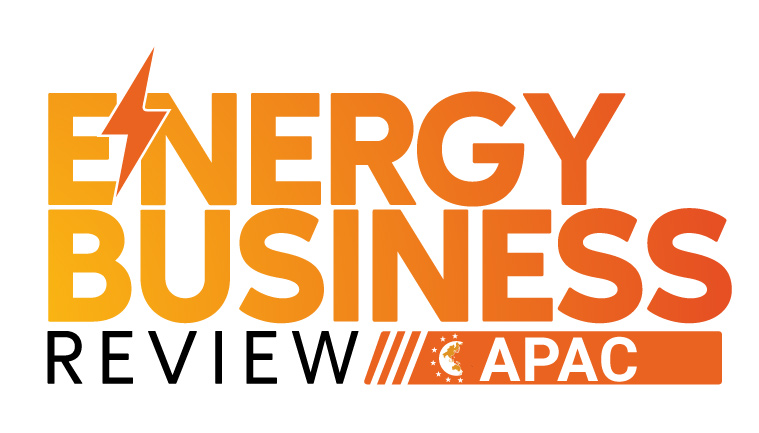Thank you for Subscribing to Energy Business Review Weekly Brief
Advantages Of Pipeline Integrity Management
Energy Business Review | Friday, April 01, 2022
A pipeline collapse can have catastrophic consequences for the environment and human life, so pipeline owners and operators must maintain the safety of their pipes.
FREMONT, CA: Over the last half-century, operators have made significant efforts to limit the risk of pipeline failure. Federal and state rules establish the framework for their integrity efforts, defining when and how operators must respond to pipeline concerns. Of course, going beyond the regulatory minimums in terms of integrity management has several advantages.
Stay ahead of the industry with exclusive feature stories on the top companies, expert insights and the latest news delivered straight to your inbox. Subscribe today.
It makes sense for the integrity department to focus on locations where the pipeline is most vulnerable. This focus enables them to make the best use of available resources and stay within budget. On the other hand, focusing on high-consequence areas (HCA), they miss out on data from a complete pipeline.
What if the engineering team could examine anomalies and stay within their budget? By incorporating cutting-edge machine learning (ML) technologies, operators and engineers may propel their integrity programs to the forefront. A forward-thinking methodology offers value in unexpected places, from budget stabilization to improving interdepartmental workflows. Enhanced management tools can increase cost reductions. This is how:
Budget planning has been enhanced: Budgeting for pipeline integrity expenditures, both short- and long-term, is tricky. Integrity engineers must address immediate concerns while determining when and how to mitigate future hazards. Advanced integrity analysis enables operators or engineers to construct precise long-term budget estimates, allowing them to assess the pipeline system's return on investment accurately.
Accessible data is the bedrock of any reliable budget. Financial data becomes more apparent when operators or engineers drill down into high-level estimations and get robust reports.
For instance, when managers present their department's budget, they must be able to demonstrate the source of their figures swiftly. By converting the integrity team to a networked solution, operators or engineers may increase the trustworthiness of rolled-up budgets. Even better is a system that employs advanced analysis technology to enhance maintenance forecasts and produce a steadier forecast with fewer peaks and valleys.
Confidence in reporting compliance: Integrity departments spend a significant amount of time developing PHMSA, and CFR reports. And, to be honest, even when they file everything on time, they are audited.
The organization is taking all the necessary steps to maintain integrity, but when it comes to an audit, simply stating it is insufficient—auditors require proof. Producing physical records for pipelines is a critical component of the PHMSA mega rule. Data gaps and insufficient records result in hefty, unexpected fines, not to mention the regulator's trust being eroded.
Integrity management software that integrates data using data science will improve the capacity to create fast, accurate compliance reporting. With real-time information at their fingertips, the audit team can expedite the preparation and generate data and records on the fly to satisfy an auditor's request. A compliance-focused integrity management system enables operators or engineers to confidently greet inspectors with a grin as they walk through the door.
More in News


